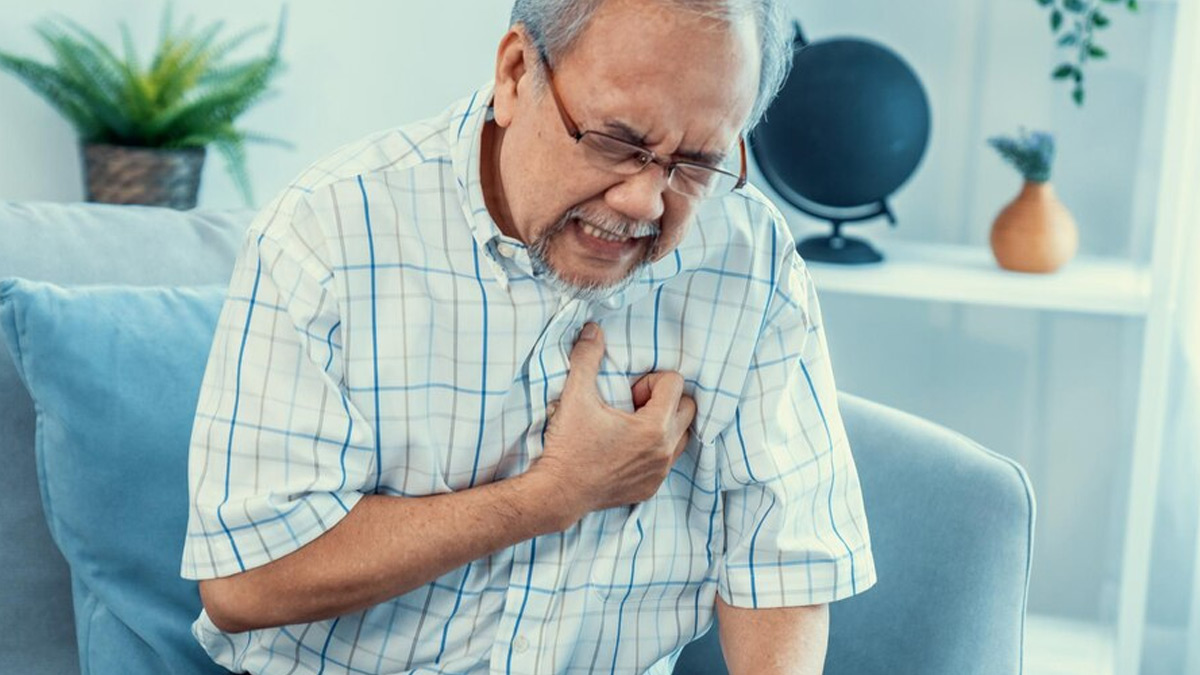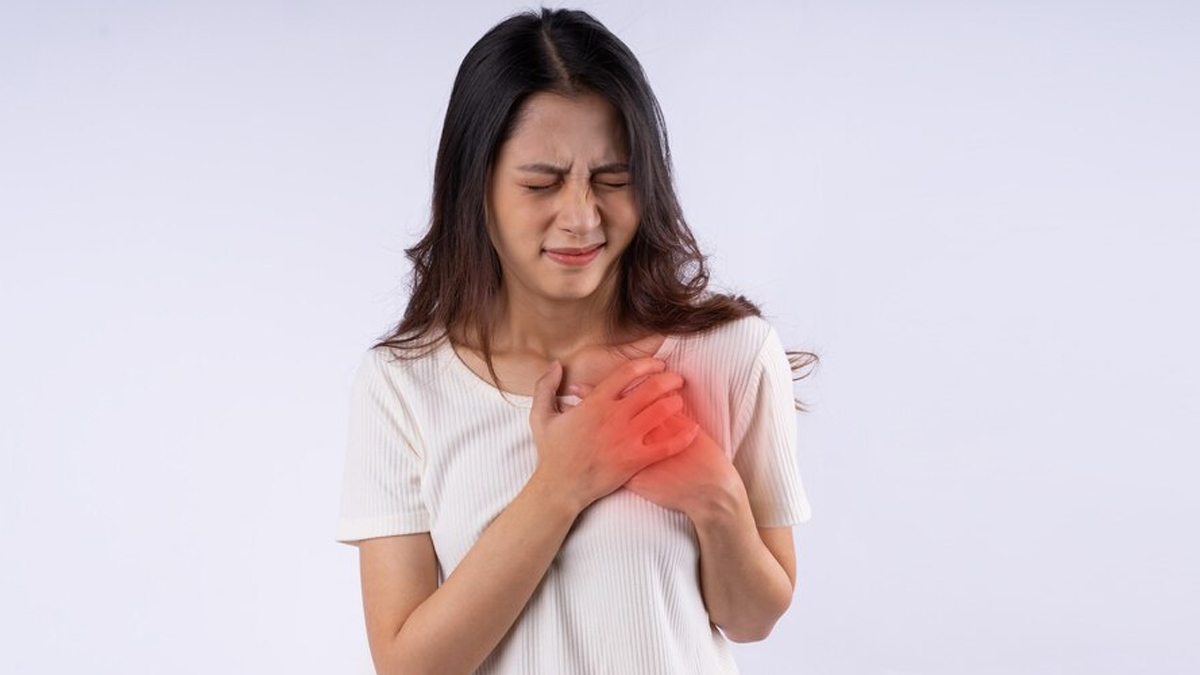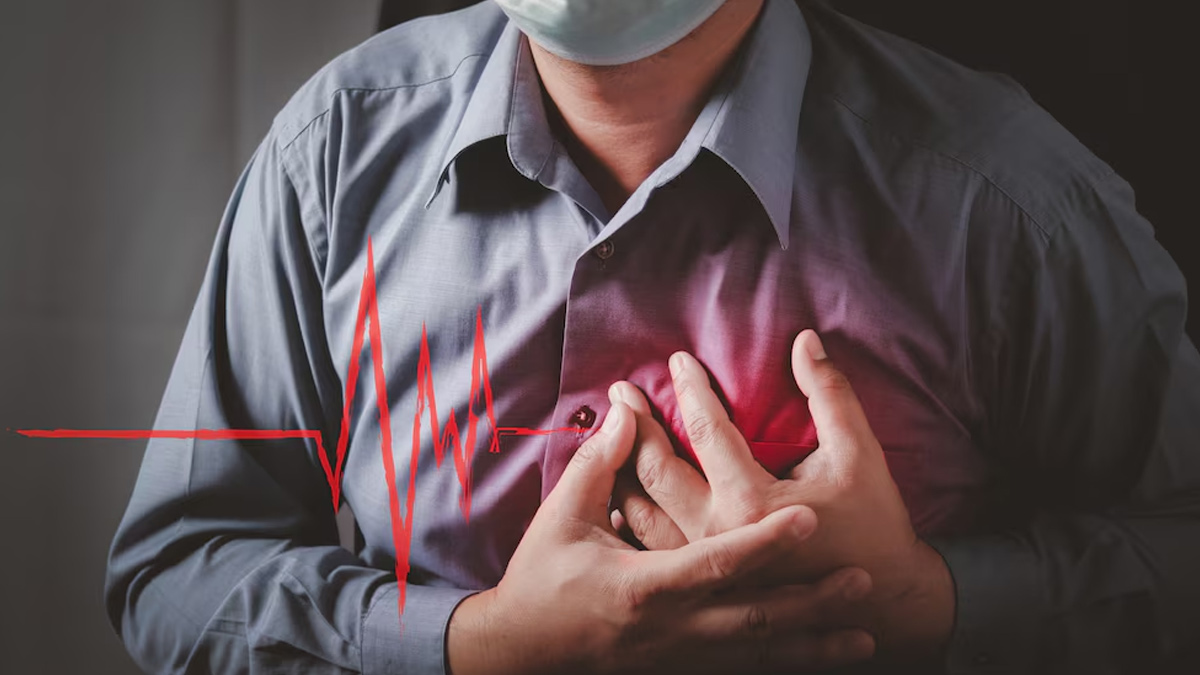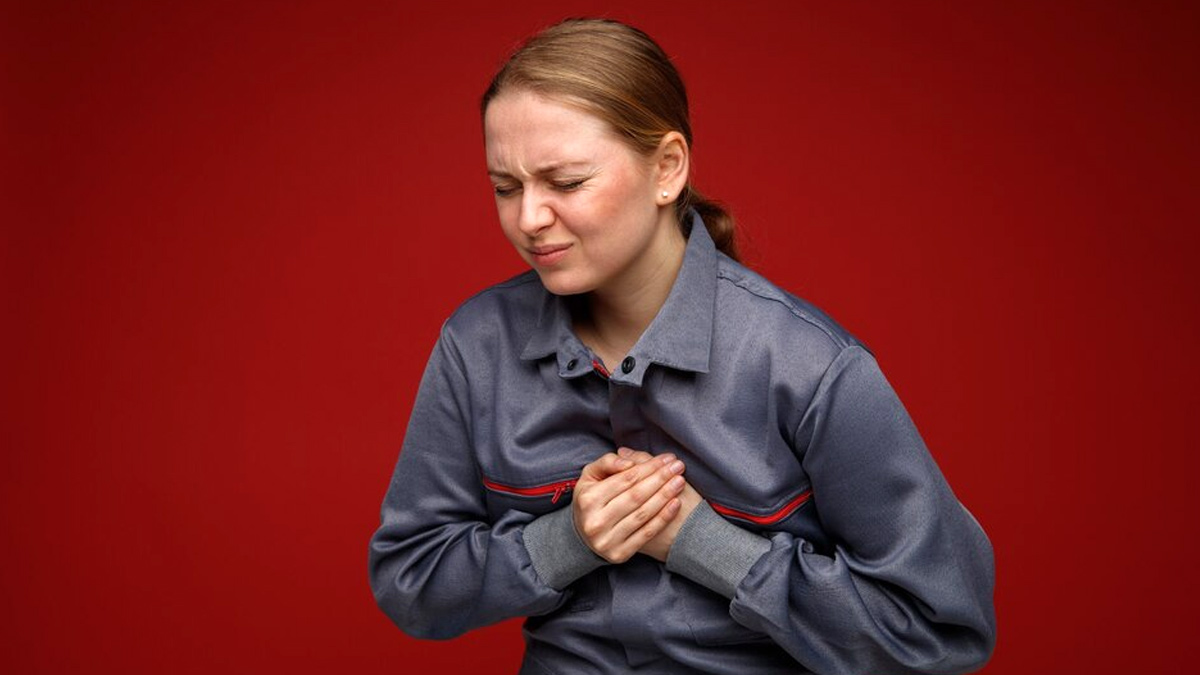
Heart disease, a leading cause of death globally, involves a group of conditions affecting the heart. This includes Coronary Artery Disease (CAD), where the arteries supplying the heart become narrowed or blocked. The British Heart Foundation (BHF) estimates that a staggering 20 crore people live with coronary heart disease alone, with this condition claiming roughly 90 lakh lives annually. In 2019, it was also declared the world's single biggest killer.
Table of Content:-
These troubling statistics not only highlight the importance of understanding the root causes of heart disease, but also the need to be aware of the subtle signs that might help us detect the condition early.
Therefore, speaking with the OnlyMyHealth team, Dr Shuvanan Roy, Director, Cardiology, Fortis Hospital, Anandapur, Kolkata, sheds light on the five key symptoms of heart disease and discusses ways to manage as well as prevent the condition.
Also Read: Is Your Heart In Good Shape? 5 Important Tests That Can Tell You
Pain Or Discomfort In The Chest And Surrounding Area

Chest pain is the most common symptom of heart disease, caused by the poor flow of blood or oxygen to the heart. Such a condition is also known as angina, which the American Heart Association (AHA) describes as "pressure or squeezing in your chest."
Palpitation
Sometimes also known as arrhythmia, this symptom refers to the uneven or irregular beating of the heart, explains Dr Roy. Caused by the heart’s inability to pump blood, they are often described as a fluttering, racing, or skipping sensation.
Dyspnea

A person with a heart disease often experiences shortness of breath, which is also known as dyspnea. This occurs when the heart is unable to pump blood, which leads to blood accumulation in the veins that connect the heart and the lungs. This accumulation in turn leads to fluid leakage into the lungs, thereby causing shortness of breath.
Oedema
Dr Roy says, “Oedema, which simply means swollen feet, ankles, or legs, is caused by the reduced heart’s ability to pump blood to different parts of the body, leading to slower flow of blood and subsequently, blood accumulation in the tissues of the feet, ankles, or legs (it might be in other parts of the body too). This leads to fluid retention in the tissues that causes oedema.”
Excessive Sweating

Unusual heavy sweating is one of the key symptoms of heart disease, according to the doctor.
“When the heart is unable to perform its cardiac activity to pump blood to different parts of the body properly, the body puts additional pressure on it to facilitate the flow of blood. This additional pressure causes a person to sweat excessively,” he says.
Also Read: Excessive Sweating: Causes And Treatment
How To Prevent A Heart Disease?

When it comes to preventing heart disease, lifestyle changes can help. These include:
- Eating a healthy, balanced diet and avoiding a diet rich in saturated fats, salt, and sugar can prevent heart disease.
- Alleviating bad consumption habits like smoking, drinking alcohol, etc.
- Regular physical activity
- Maintenance of a healthy weight and avoiding obesity
- Management of blood pressure, diabetes, and cholesterol
- Management of stress and anxiety
- Following good sleep habits
“Moreover, people who are diagnosed with heart diseases require treatments to control the complications that may arise,” says Dr Roy, adding, “Depending on the type of heart disease and the causative factor, two types of treatment are implemented.” These include:
- Medications such as beta blockers, aspirins, statins, ACE inhibitors, etc.
- Surgeries such as heart transplantation, coronary artery bypass, balloon angioplasty, etc.
Conclusion
Heart disease is complex, as it encompasses various conditions that may lead to different types of complications. What makes things worse is that most heart conditions are silent, meaning they either come with no symptoms or, if they do, are often mistaken for other benign conditions. Regardless of that, it is important to recognise some subtle signs and symptoms of heart disease, including chest pain, shortness of breath, palpitations, and more. Additionally, ensure that you make the necessary changes in your lifestyle to prevent and reduce your risk of developing heart disease.
Also watch this video
How we keep this article up to date:
We work with experts and keep a close eye on the latest in health and wellness. Whenever there is a new research or helpful information, we update our articles with accurate and useful advice.
Current Version